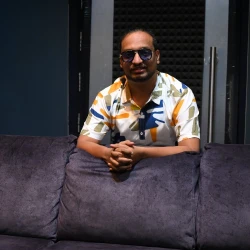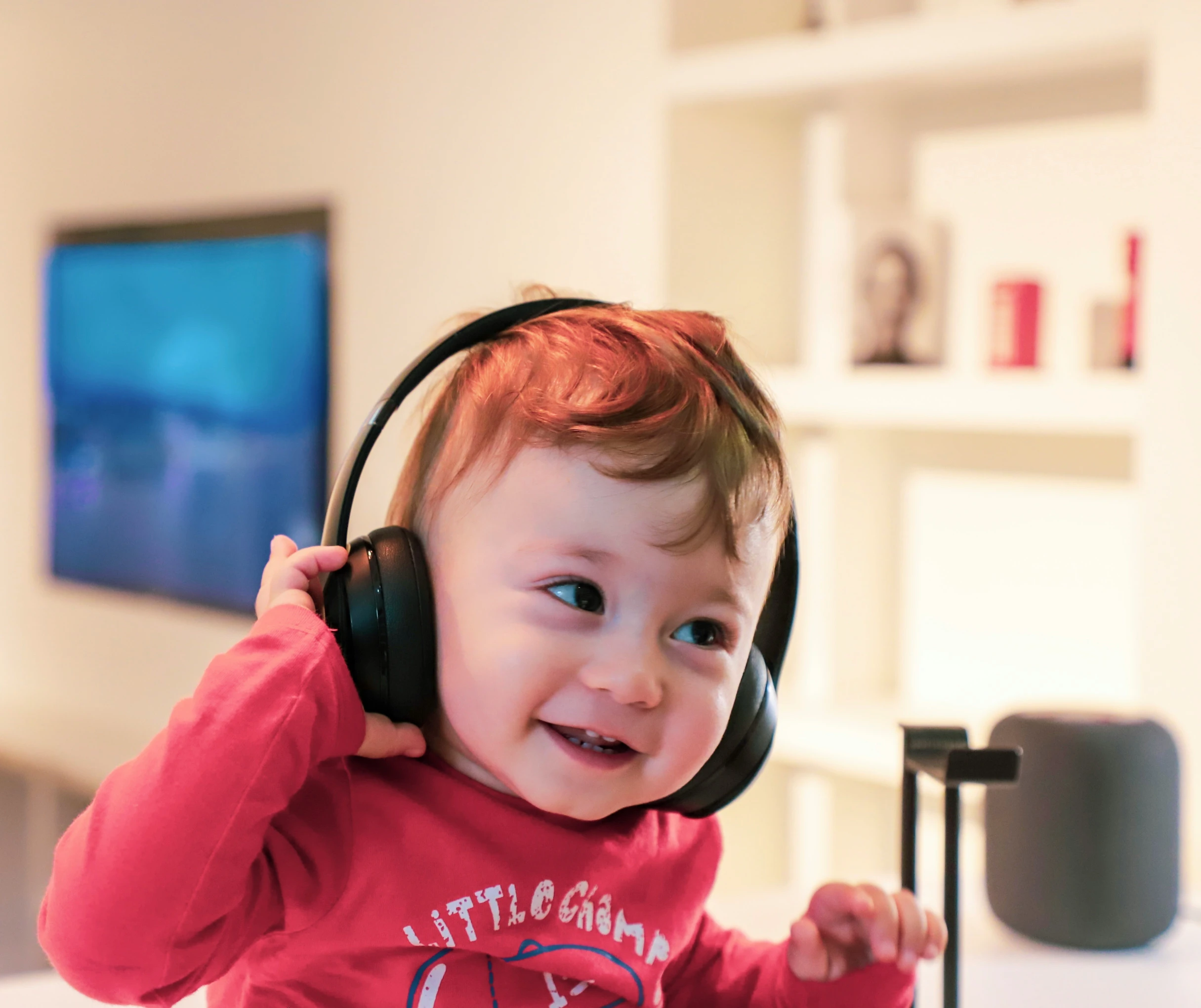Music Therapy For School Kids

Shreyas Joshi
23 Jan 2025

Music is one of the basic needs of human beings. It is the connection between our body, mind and soul. From the very breath to the heartbeat, each person has his/ her own rhythm. That's why every person in the world is attracted to music. A person who does not like music will be, out of the world , exception! Over the years, music has come to be regarded as a form of healing and research has found its roots in many ancient Indian and Western texts. Music can be used as an aid in the relief of mental and, to a lesser extent, physical ailments, along side medical treatment, even in everyday practice, for different age groups. Music can be helpful, at many stages, from birth to old age. When thinking of music as a therapy or holistic skill development for school children, it can be used at many levels.
In school life, children face many problems such as errors in mathematical processes and calculations, unable to remember or comprehend scientific terms, unable to memorise historical records and events, synchronising linguistic grammar, etc. At the individual level, children face many problems such as exam stress, memory loss, errors in comprehension, lack of concentration, comparison with peers, social or family inferiority complex, fear about a subject / person / event, addiction to mobile phones. Many times kids don’t share these difficulties with parents or teachers. As a result, treatment is sought only when the severity of the problem increases. If these difficulties are noted at the initial stages, the results can be prevented. Music can be used for tackling many small problems or as a primary preventive care . Music can be incorporated in the schedule, in the school curriculum. Exercises such as playing an instrument, singing, listening to music, incorporating music based activities in different subjects, (e.g. listening to history related film music / singing mathematical theorems and tables, proverbs, idioms in different tunes, etc) is a great way to be “in tune”. Listening to music for at least 10 minutes everyday at a specified time, chanting Omkar for 2 minutes or a melody before every hour in the school schedule, reading or researching about an instrument or artist once a week, etc. can be effective tools to increase kids acceptance and interest towards music.
While listening to music, the level of sound, the instrument used while listening, its quality, all such aspects should be taken into consideration. Sound level and sound waves have strong effects on hearing organs and also the brain. Be careful not to harm your ears while doing so. Now a days, devices that transmit waves very close to the auditory membrane, such as' Air Pods' or 'N Air Headphones', are in use. These devices are often used while working, driving, studying, etc. Instead of using these devices, listen to music using a sound system, home theater, TV or computer speakers. Headphones should be 'over the air' and use should be limited. When buying equipment, instead of 'low / bass boost', preferably buy a device that is neutral i.e. balanced i.e. controls all kinds of frequencies.
There is no doubt that if this magical power of music is thought of, and used for, the overall development of children, then in the future many 'Kansen' (Appreciative listeners) will emerge in the true sense and they will easily be able to facing any physical, mental challenges with self-motivation.
Book a session
If you wish to learn more about music therapy and how it can help you or your loved ones, feel free to book a session with us.
